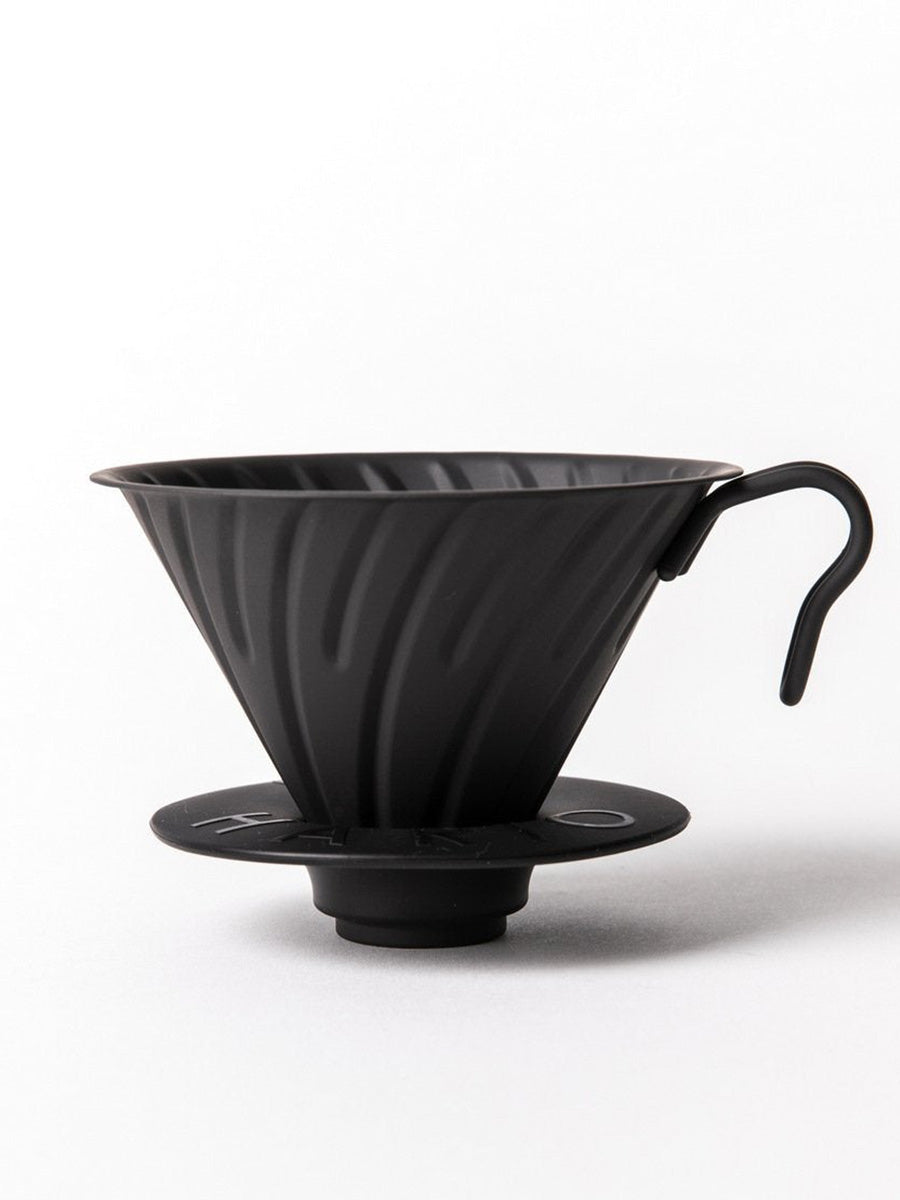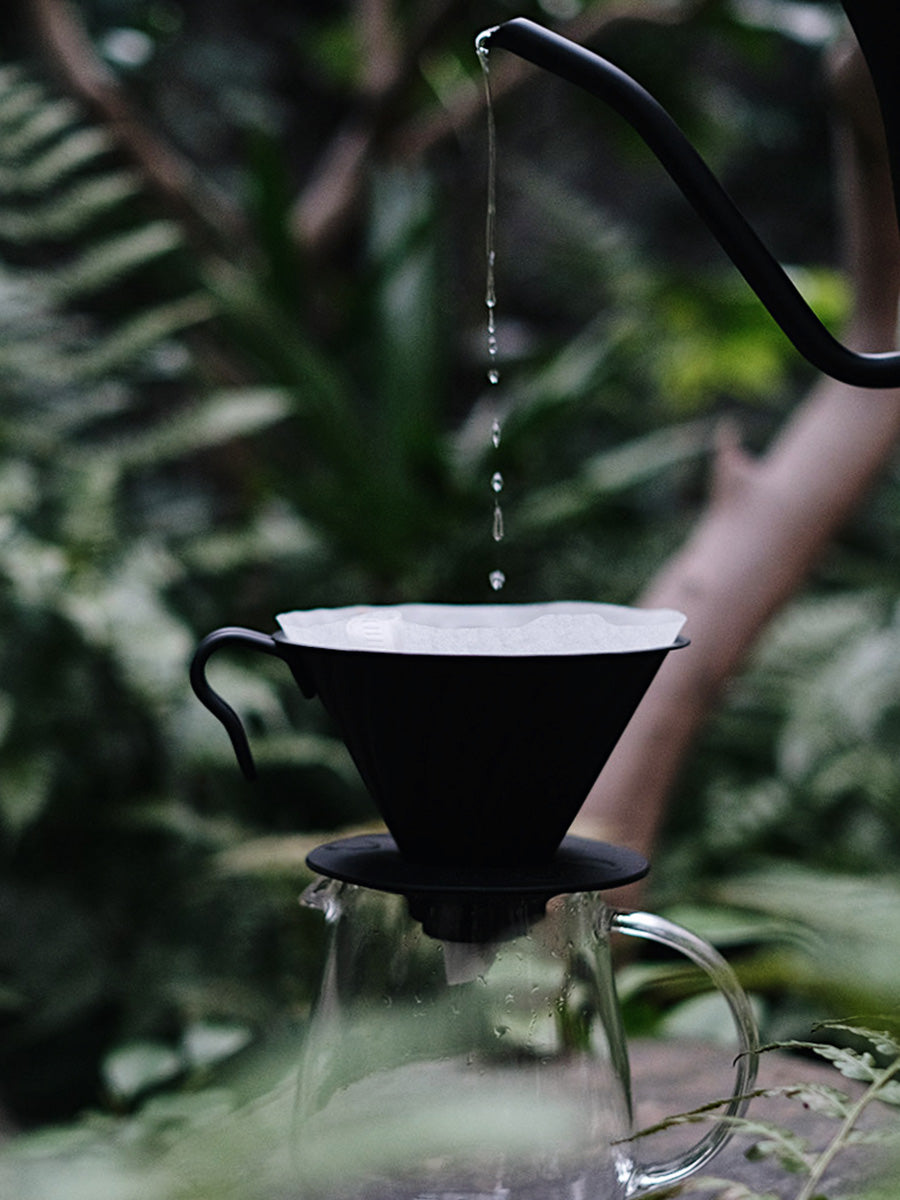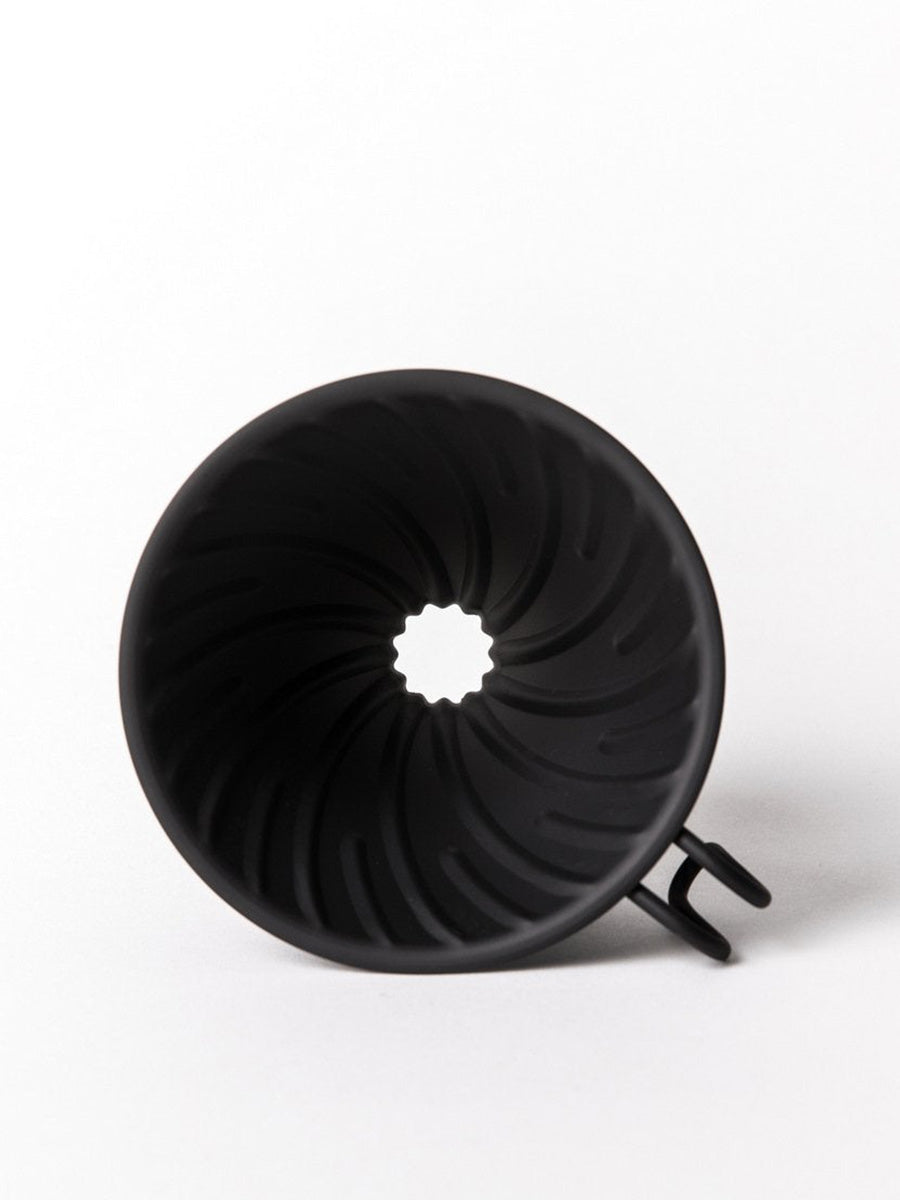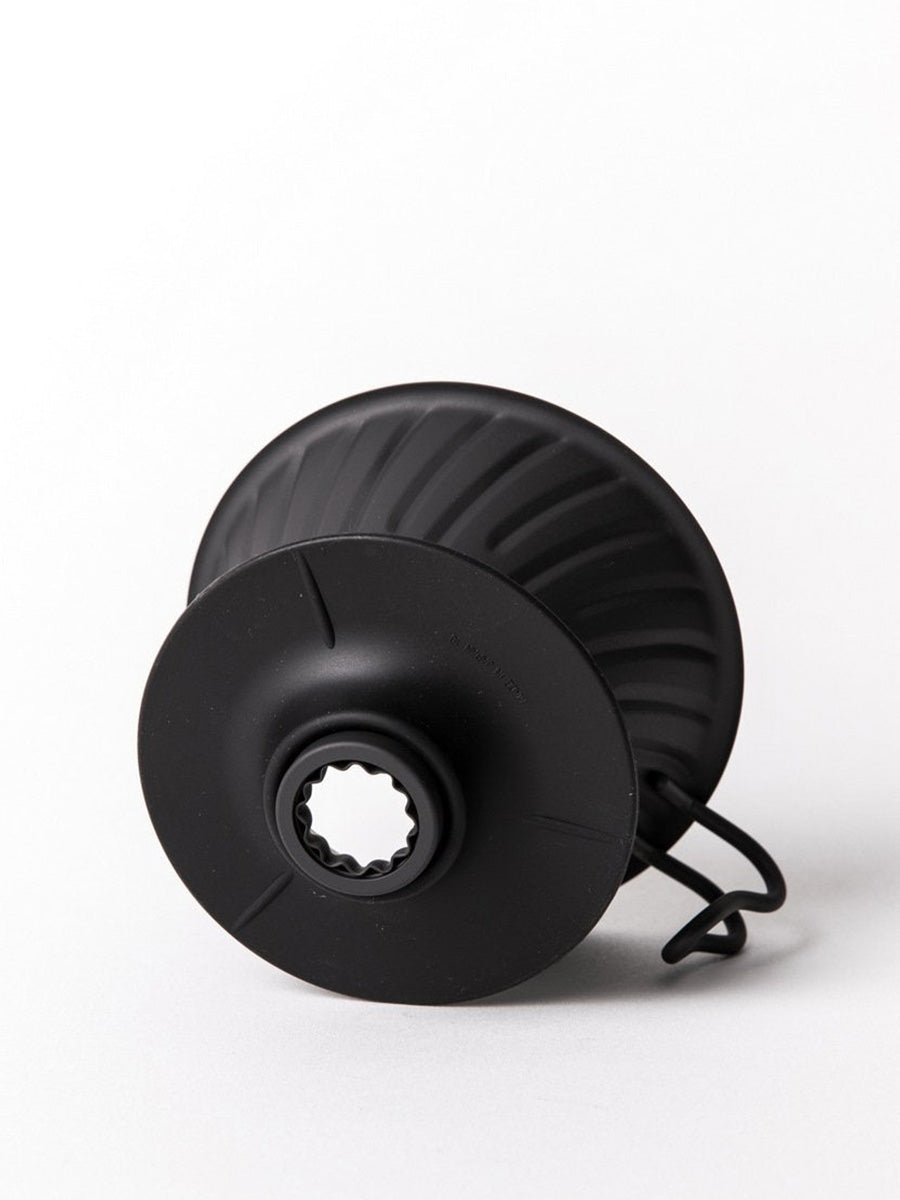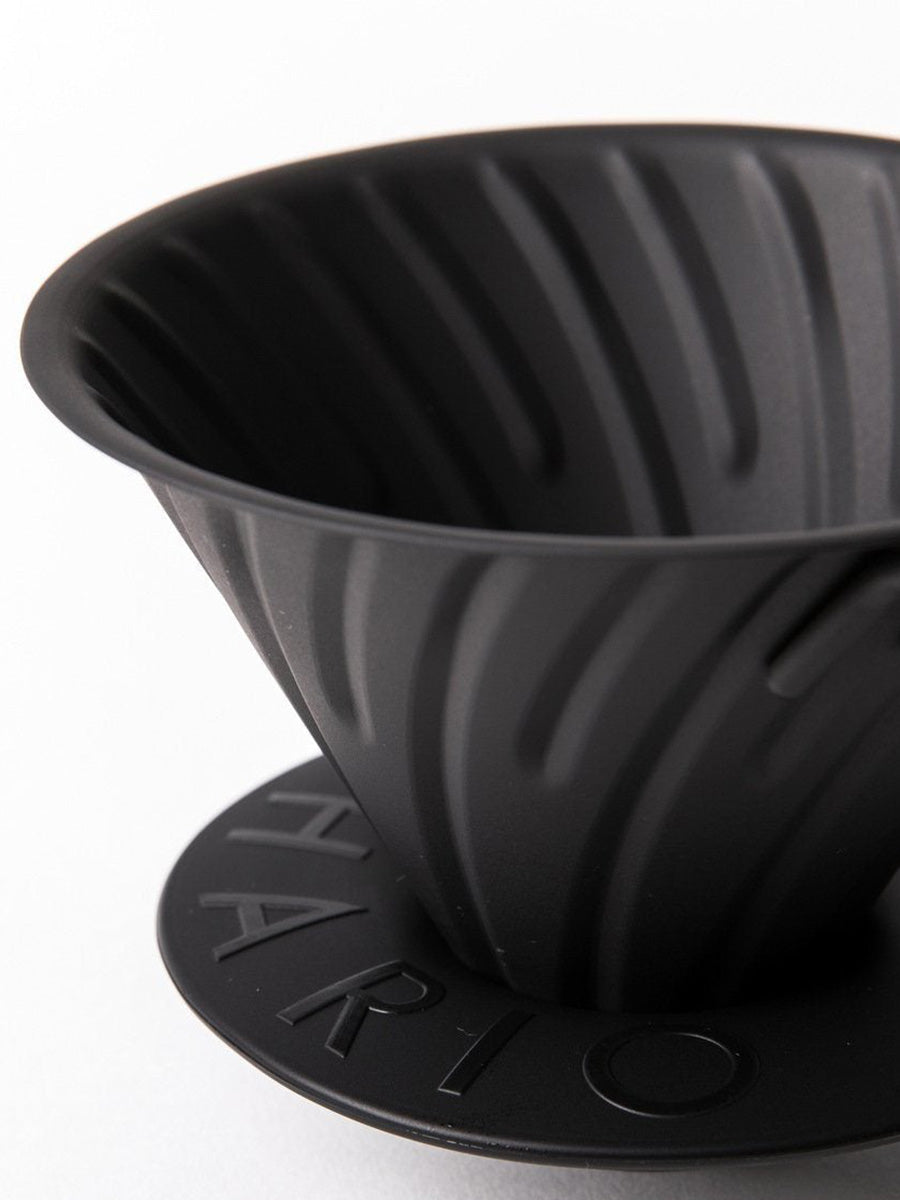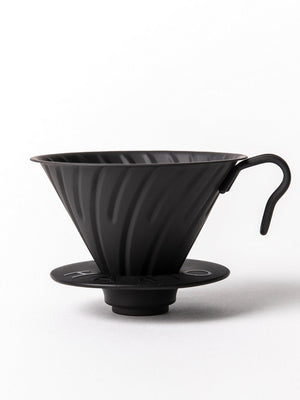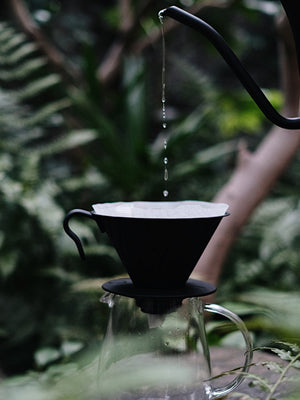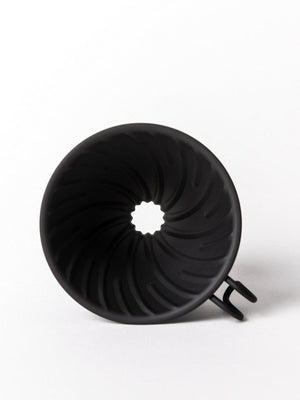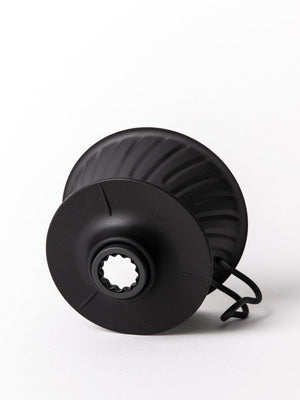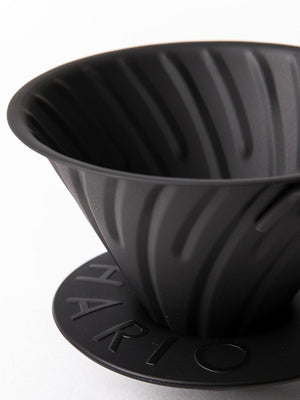Ecuador is an equatorial country in South America, with a land area about the size of Japan's main island. The Andes Mountains, formed by the uplift of the ocean floor, traverse the country from north to south, and the land is rich in minerals and fertile.
The winds from the Amazon region and the Galapagos Islands blow against the mountain ranges, forming rare cloud forests that account for only about 3% of the world's forests.
Despite its small size, Ecuador is known as one of the mega-diversity countries because of its high concentration of a wide variety of animals, plants, and microorganisms.
The country's large indigenous population has preserved the nature by maintaining the connection between the human and the natural world by passing on cultures and traditions such as Inti Raymi (sun festival) and expressing gratitude to the gods of the earth.
Ecuadorian coffee comes from this fertile land, produced in micro-lots and nano-lots.
The globally acclaimed CoE has become active in Ecuador since 2021, boosting the country’s emerging coffee scene. However, the USD based transaction and the nature of Ecuador’s coffee production which isn’t compatible with mass production prohibit the industry to grow, and Ecuador as a coffee producing country still requires more presence in the world.
While Ecuador still faces such challenges, their small-scale production has its merit being high quality that reflects the personality and intentions of the farm very well.

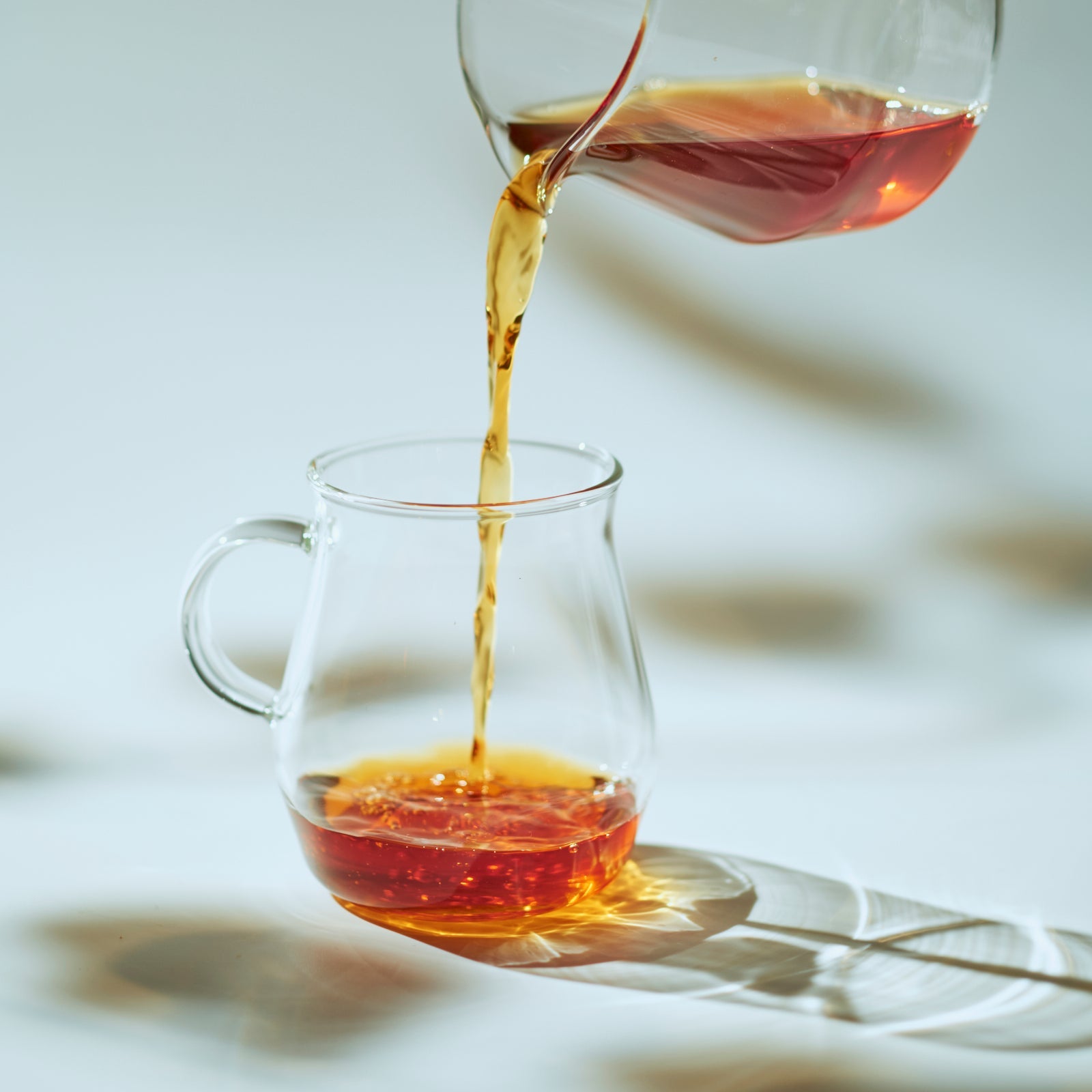
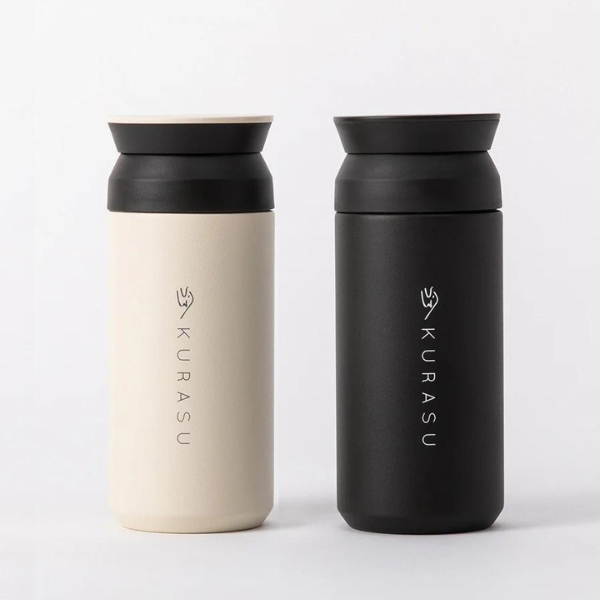
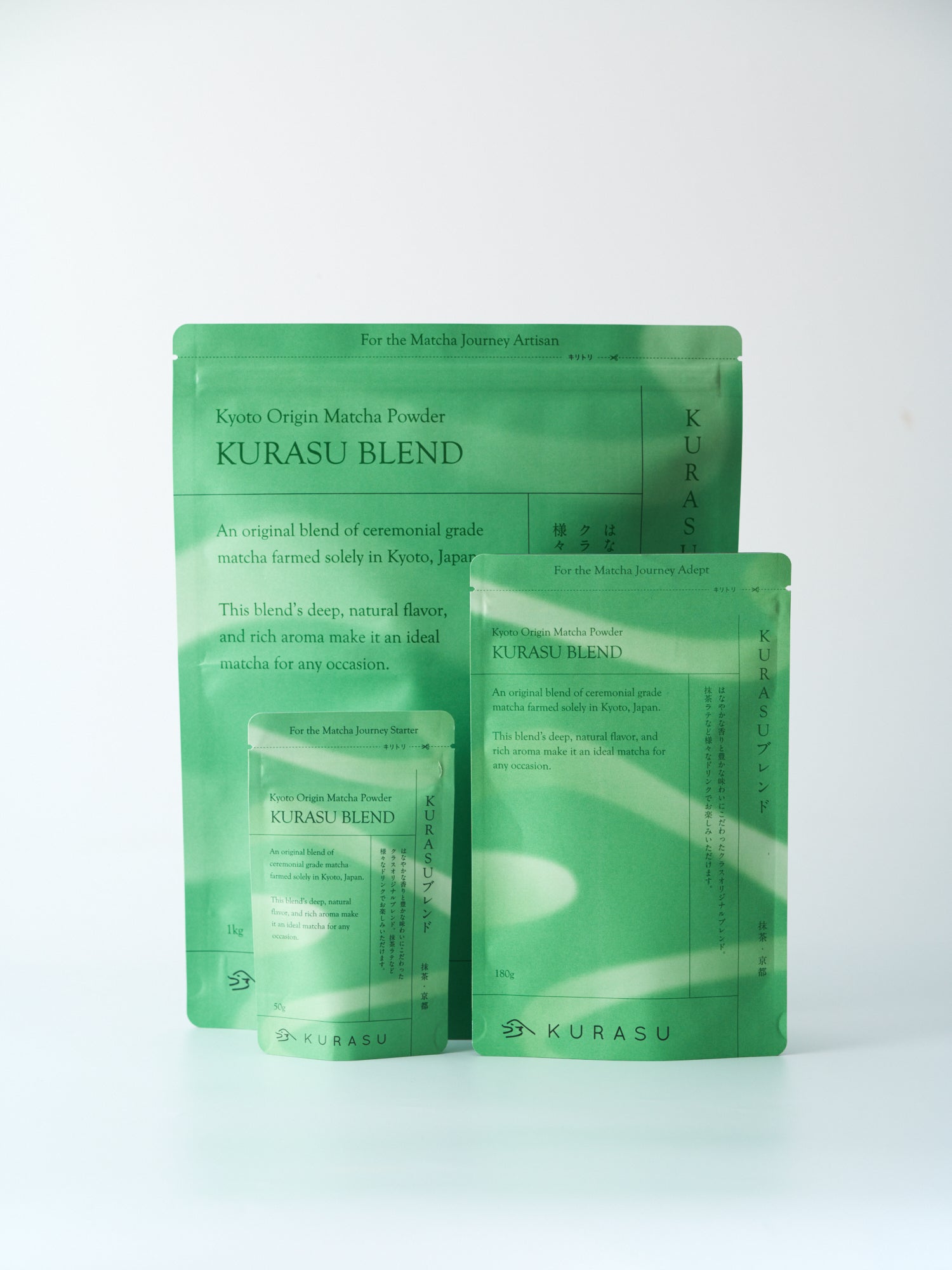
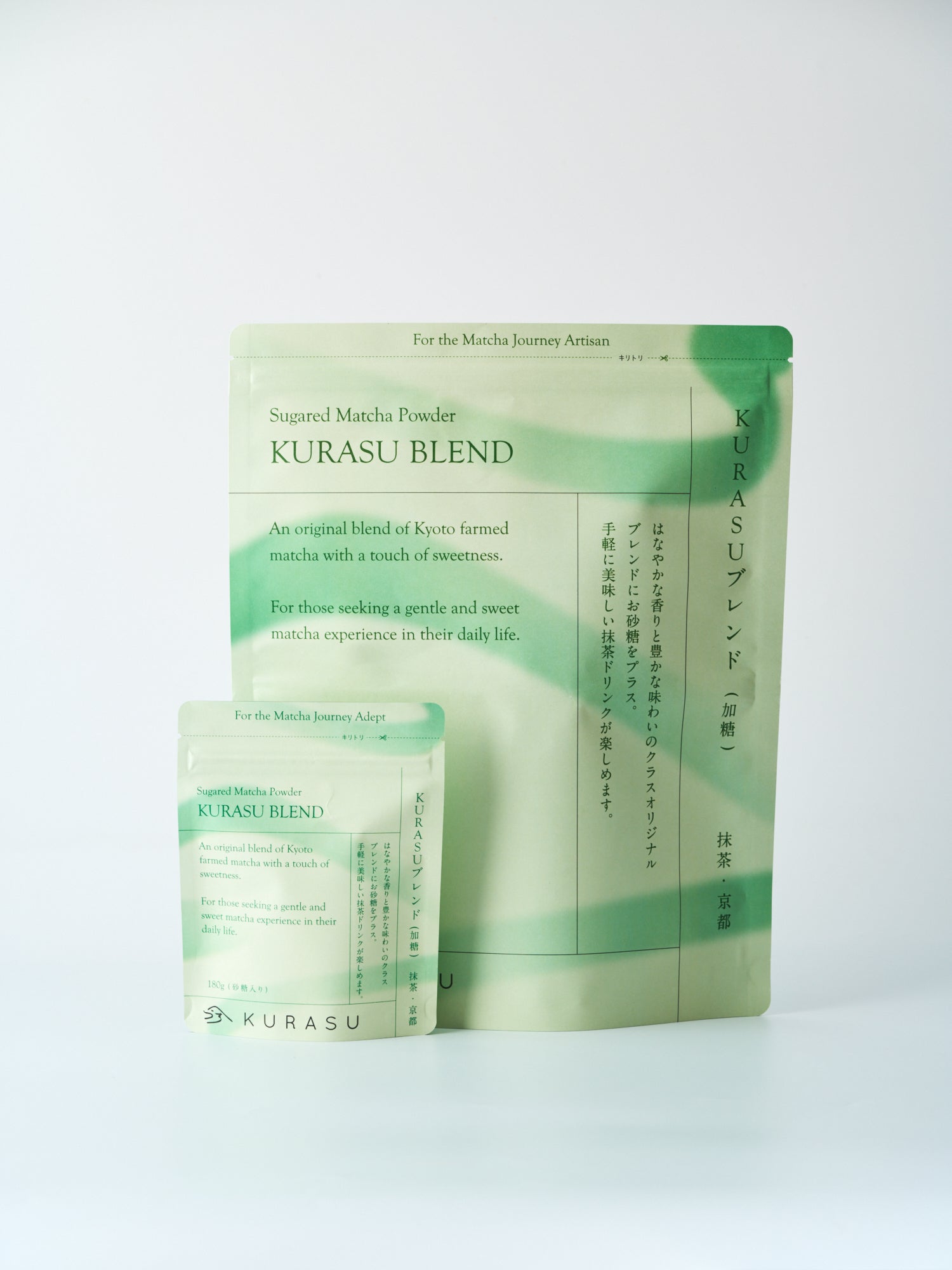
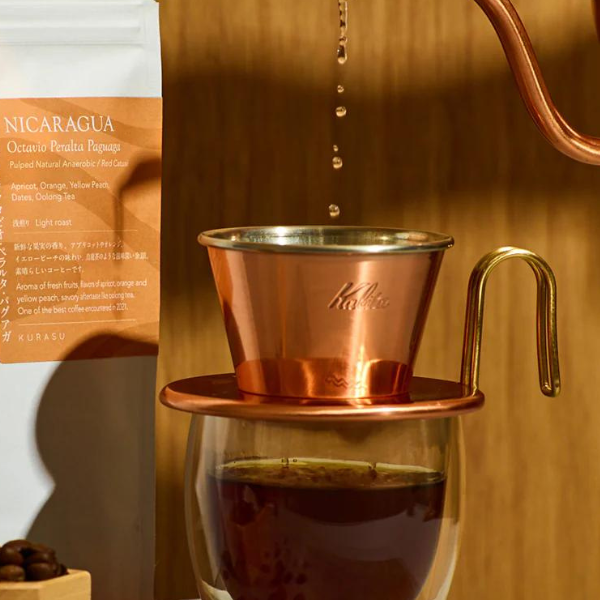
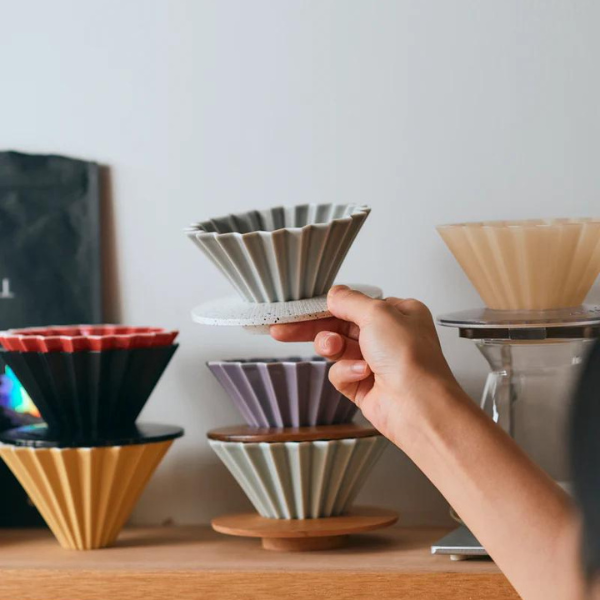
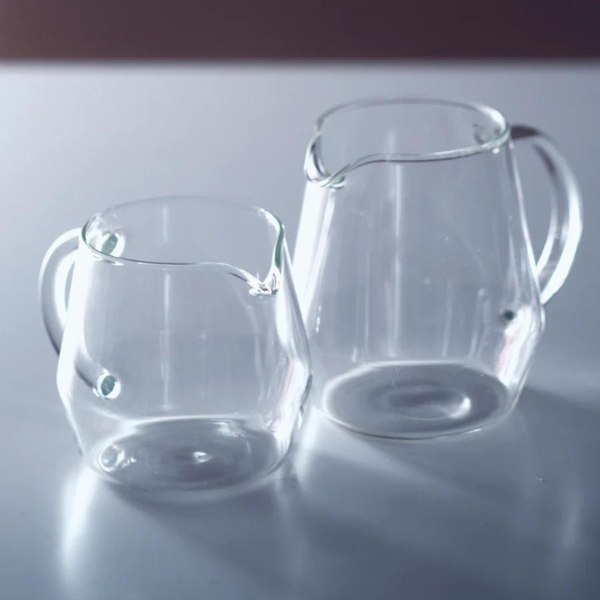
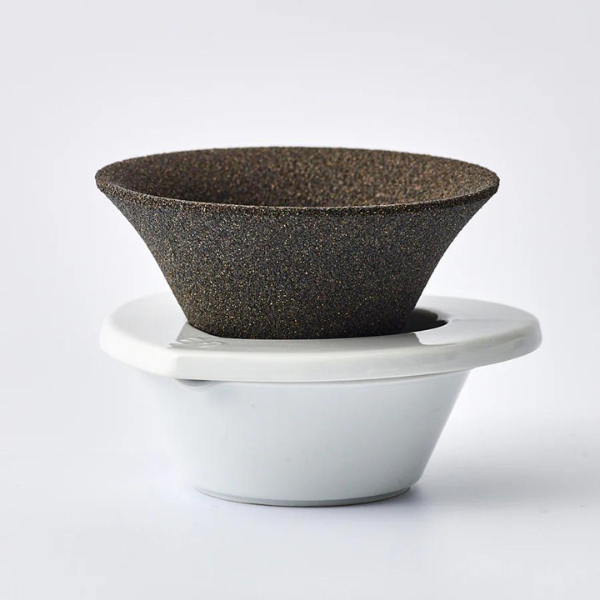
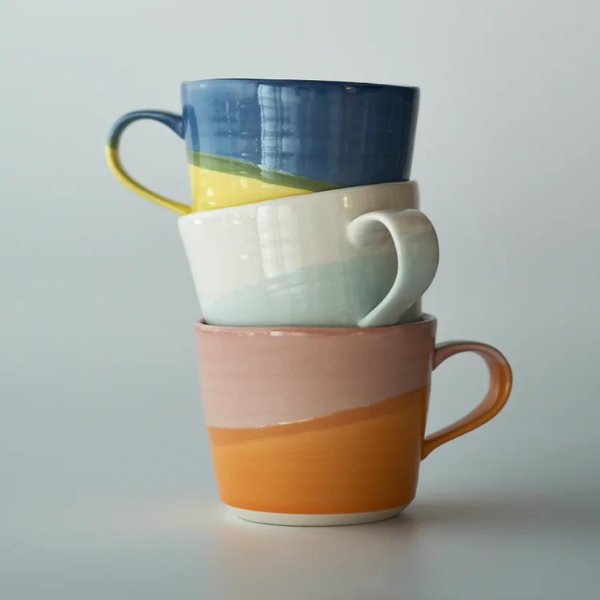
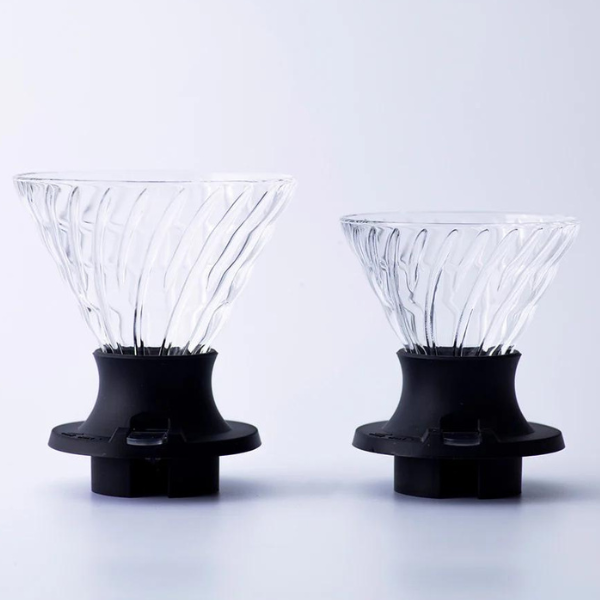
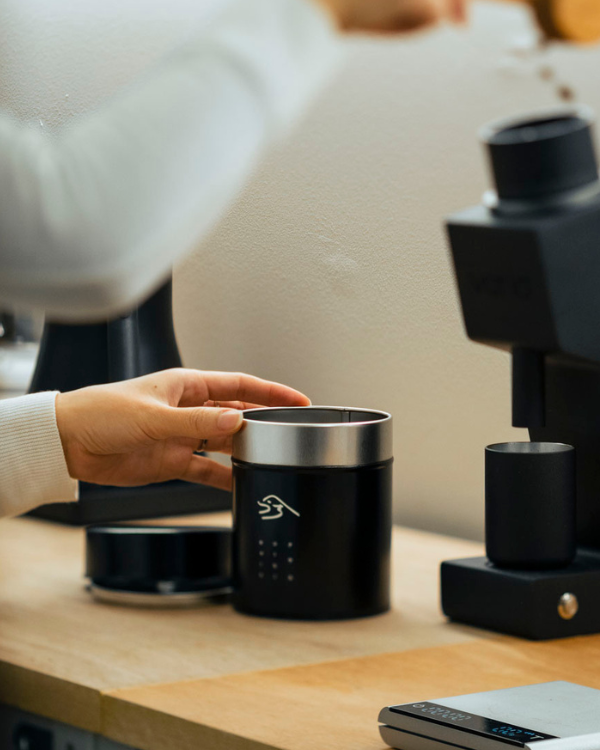
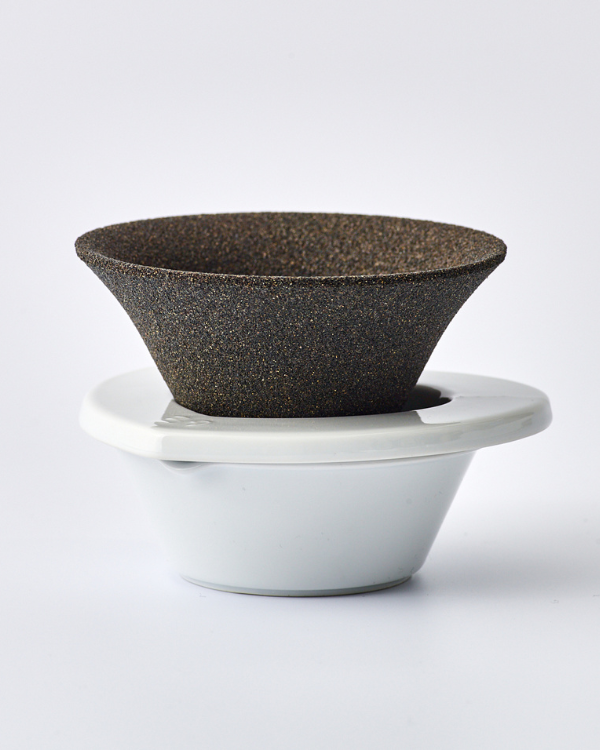
![[Premium]Ecuador La Marquesa Sidra[Light roast]](http://kurasu.kyoto/cdn/shop/files/image_Beans_Premium-Ecuador-La-Marquesa-Sidra_1_1200x.jpg?v=1742881083)
![[Premium]Ecuador La Marquesa Sidra[Light roast]](http://kurasu.kyoto/cdn/shop/files/1010_ebisugawa_08_1200x.webp?v=1742881085)
![[Premium]Ecuador La Marquesa Sidra[Light roast]](http://kurasu.kyoto/cdn/shop/files/Ecuador_La_Marquesa_Sidra_1_1200x.png?v=1742881084)
![[Premium]Ecuador La Marquesa Sidra[Light roast]](http://kurasu.kyoto/cdn/shop/files/image_Beans_Premium-Ecuador-La-Marquesa-Sidra_en_1_1200x.jpg?v=1742881084)






